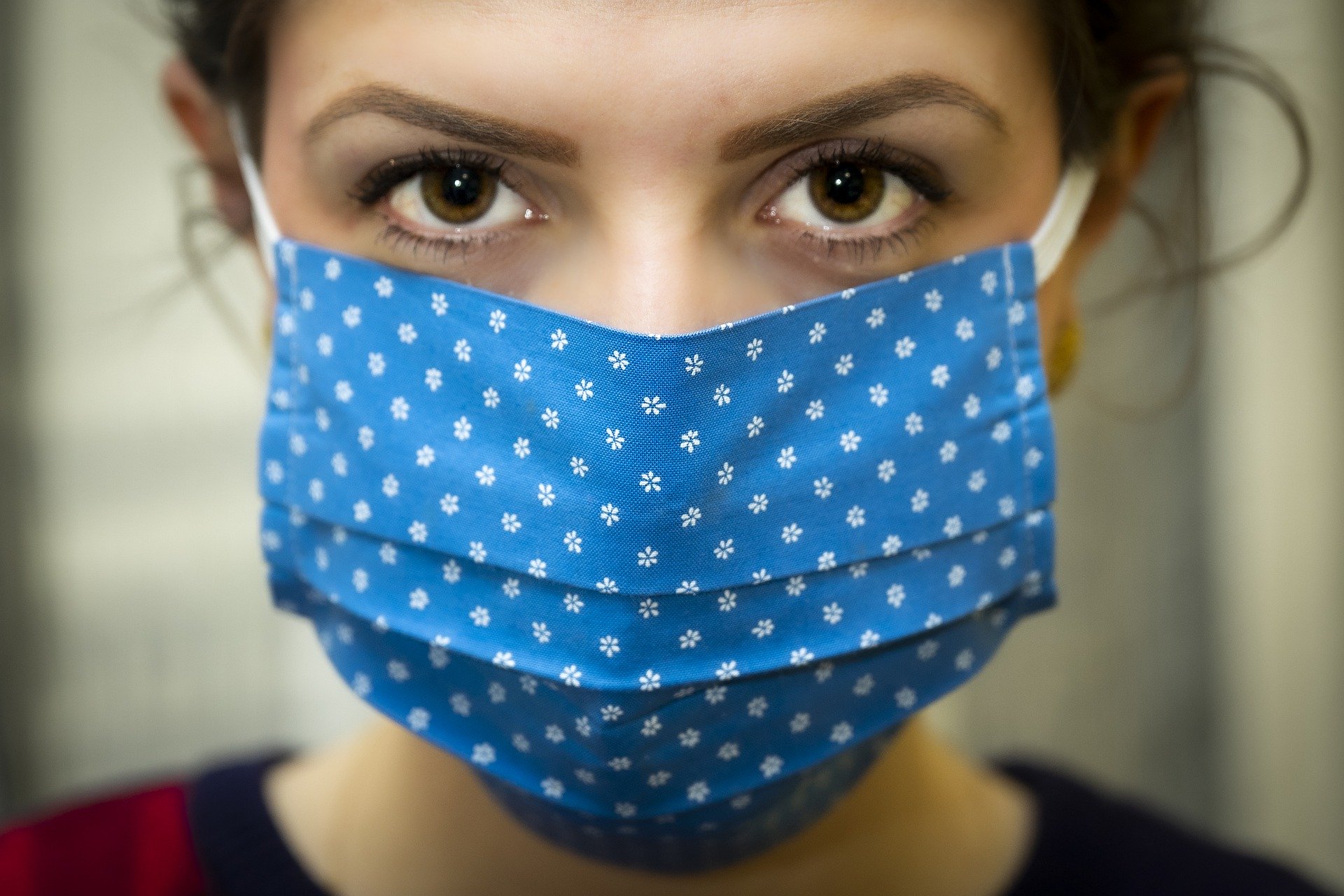Mayor Liz Lempert and Dr. George DiFerdinando, who chairs the Princeton Board of Health, have joined the growing list of municipal and health officials who are urging residents to wear masks when they go out to prevent the spread of COVID-19.
Princeton officials’ call for residents to wear a face mask follows the Centers for Disease Control and Prevention’s recommendation to do so. There is mounting evidence that people who are infected with COVID-19 can spread it to others, even when they do not feel sick.
Lempert and DiFerdinando pointed to the challenges of maintaining social distance – keeping at least six feet between one another – in grocery stores and pharmacies, and said that face masks may help to reduce the spread of the disease.
But Lempert discouraged residents from using surgical masks and N95 masks, which offer the most protection, because those masks are needed by doctors, nurses and emergency medical technicians who are at the most risk of contracting COVID-19 as they treat patients.
Instead, residents can use homemade masks, bandanas and scarves to give some protection against inadvertently passing on COVID-19 to others, Lempert said. The masks do not eliminate the need for social distancing or for keeping one’s hands away from one’s face, she said.
“We need to be doing everything we can to slow the spread of this disease in order to give our medical system time to adequately prepare for a surge in patients, and to give scientists time to develop and test potential treatments,” Lempert said.
Staying at home is the best protection against acquiring COVID-19 or spreading it, she said, but people have to leave their homes to shop for groceries or to pick up a prescription at the pharmacy. In that case, wearing a face mask can help to slow transmission of COVID-19.
Nevertheless, DiFerdinando said, community masks do not mean it is permissible to venture out for any reason that is not consistent with Gov. Phil Murphy’s “stay at home” order. The masks are an important tool in reducing transmitting COVID-19 to others when it is necessary to leave home, he said.
Officials acknowledged that homemade face masks do not offer as much protection as surgical or N95 masks, and reducing the risk of transmitting or acquiring COVID-19 by any means is important in helping to flatten the curve of rising numbers of infected persons.
Residents who use homemade masks must wash them in hot water after each use. Users should wash their hands before touching a clean mask, which must be placed over the nose and mouth to be effective. Once the mask is in place, it should not be touched.

